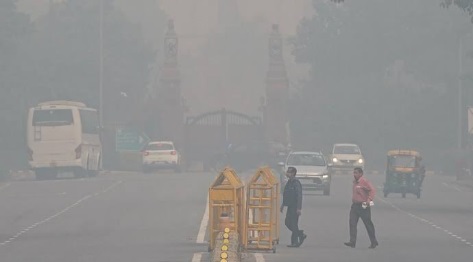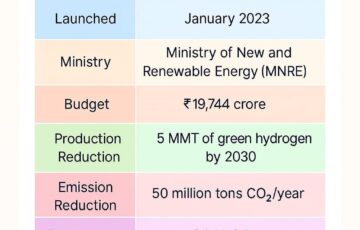Odd- Even Scheme
Why in the news?
Delhi is considering implementing the odd-even scheme for road rationing to combat air pollution.
Air Pollution and Odd – Even Scheme
- Air quality in the city worsens after Diwali due to increased particulate matter, making such measures important.
- Past experiences with road rationing in Delhi haven’t significantly reduced pollution but are still seen as a necessary tool.
- Vehicular emissions contribute to around 30% of toxins in the city’s air, and the odd-even scheme could reduce emissions by keeping approximately 12 lakh vehicles off the road.
- To effectively implement the scheme, coordination with environmental management bodies and transport agencies in the National Capital Region (NCR) is essential.
- A disagreement between the Delhi government and the National Green Tribunal (NGT) in 2017 had stalled a previous attempt to introduce the odd-even scheme.
- To make the scheme successful, the last-mile connectivity for public transport needs improvement.
- Emergency measures like the odd-even scheme offer valuable lessons in environmental management and will be closely observed.
Graded Responsibility Action Plan
Graded Response Action Plan (GRAP) is an environmental measure implemented in Indian cities to combat air pollution.
- It’s a framework with specific actions to tackle deteriorating air quality after it reaches a certain threshold in Delhi_NCR.
- GRAP was approved by the Supreme Court in 2016.
- GRAP categories pollution into four levels/Stages, each triggering a different set of actions.
- These actions range from stopping diesel generator sets to restricting the use of private vehicles.
- Implementation is based on real-time air quality data.





